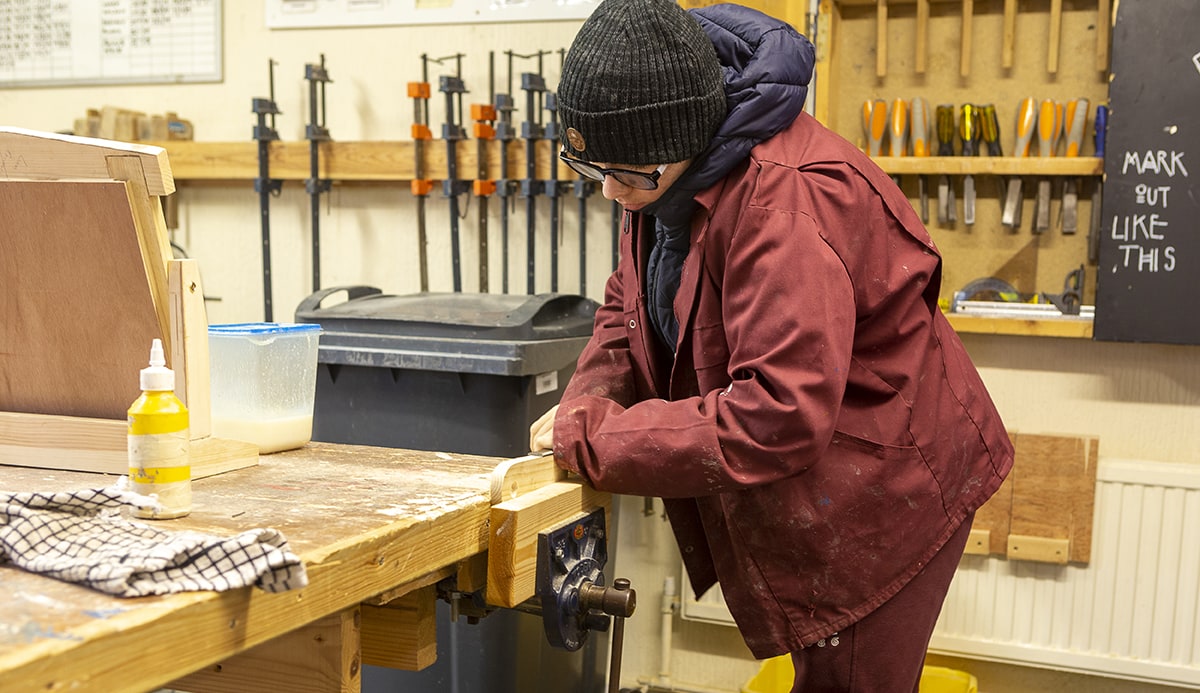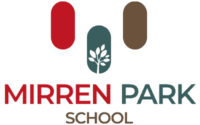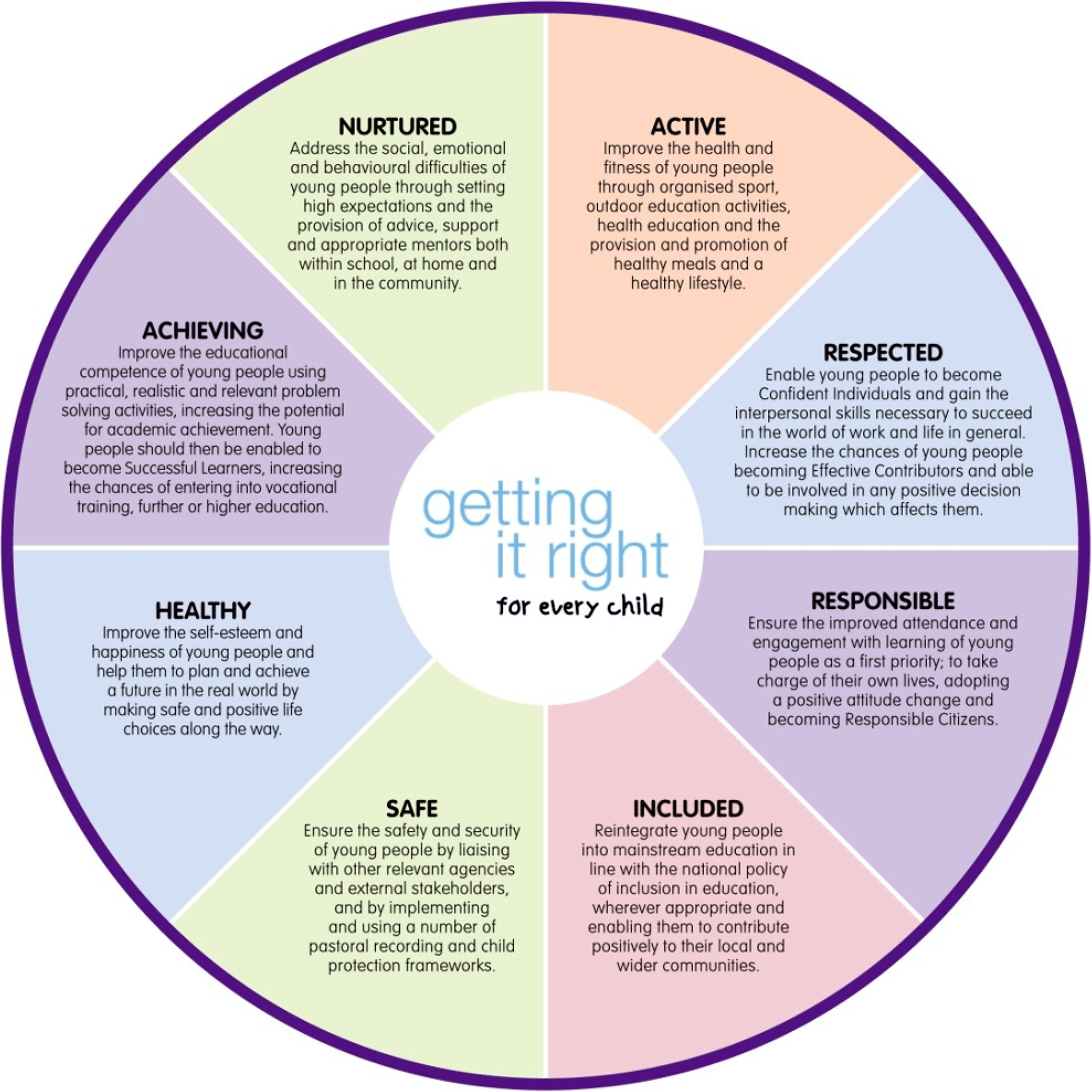Our Curriculum
We offer a broad and balanced curriculum individually tailored to the needs of the young person
Our aims and goals
Preparing each young person for reintegration to school, integration into the community, further education and the world of work.
Underpinning this Aim are a series of Goals, mapped to the wellbeing indicators (SHANARRI) as outlined in Getting it right for every child and the four capacities of a child’s development as outlined in the Curriculum for Excellence. The attainment of these Goals ensures that each young person possesses the qualities, values, knowledge and skills to move into the next phase of his/her life, namely:
- Enhanced attendance and timekeeping
- Increased educational competence
- A positive self-concept
- Improved social skills and confidence
- Emotional stability and self-control
- Positive attitude change
- Vocational skills and qualifications
- Community interests
Approaches used
‘This curriculum is more than curriculum areas and subjects: it is the totality of experiences which are planned for children and young people through their education.’
Curriculum for Excellence, Education Scotland
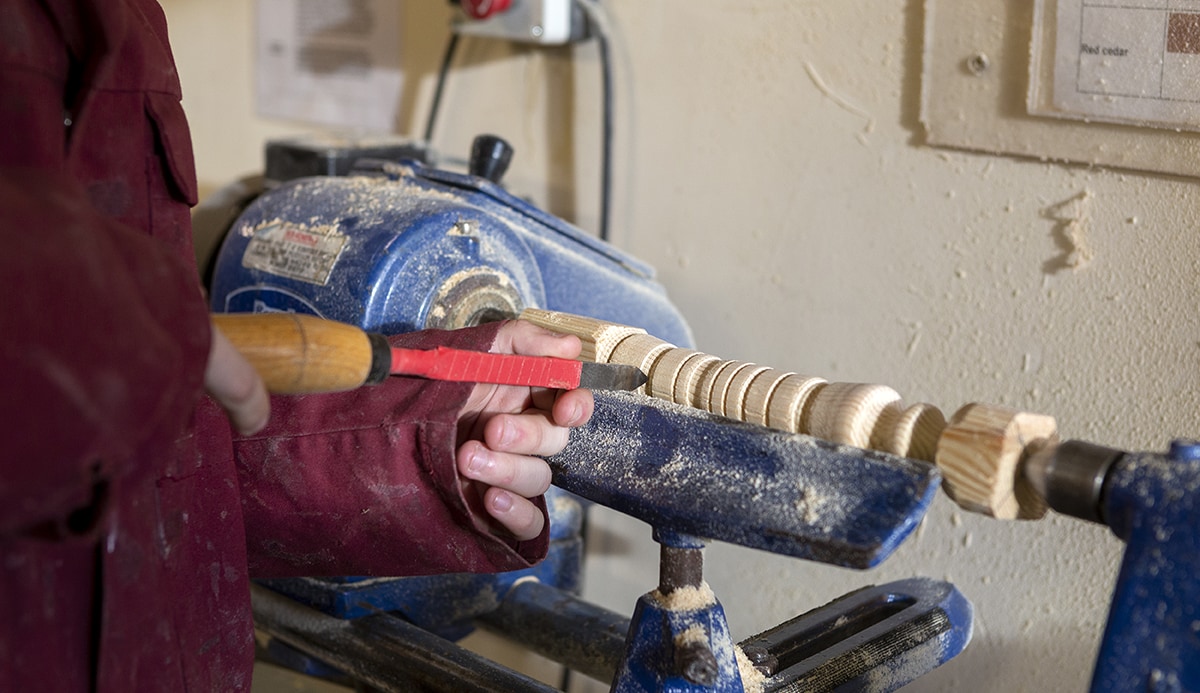
Subject areas
National Qualifications (to higher)
- Science
- English
- Math
- Social Subjects
- PE
- Woodwork
SQA Awards:
- Employability Award
- Scot's Language Award
- Mental Health & Wellbeing Award
- Construction - SCQF level 4
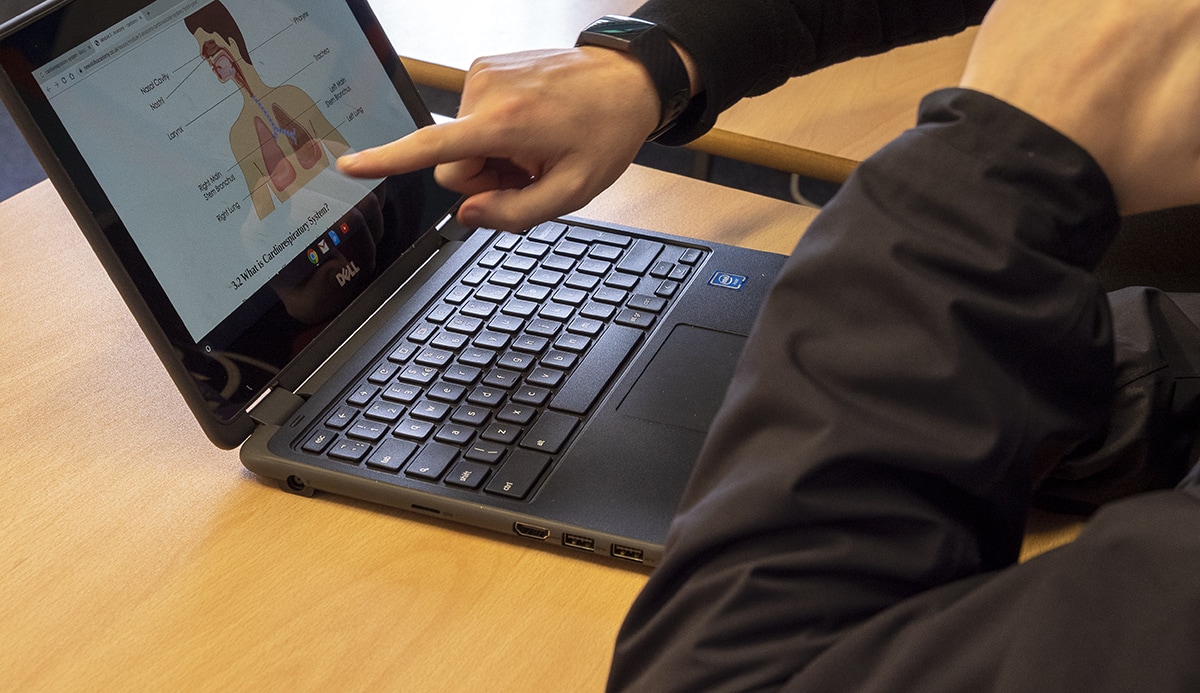
Broad general education
All children and young people in Scotland have an entitlement to a curriculum which will support them in developing their values and beliefs and enable them to:
- achieve the highest possible levels of literacy and numeracy and cognitive skills
- develop skills for learning, skills for life and skills for work
- develop knowledge and understanding of society, the world and Scotland's place in it
- experience challenge and success so that they can develop well-informed views and act responsibly.
They should be encouraged to adopt an active and healthy lifestyle and be equipped with the skills needed for planning their future lives and careers.
The period of education from pre-school to the end of S3 has the particular purpose of providing all young people in Scotland with this broad general education.
Mirren Park School places an emphasis on young people attaining in Mathematics, Languages (English) and Health & Wellbeing as the foundation for developing the four capacities of Curriculum for Excellence and for enabling the delivery of an innovative, bespoke curriculum. The school offers wide opportunities within Technological subjects, Sciences and Social Studies as well as focus on Personal Development, Moral Education and Pro-Social Development. Our curriculum is developed to flex and adapt pupil’s needs and aspirations.
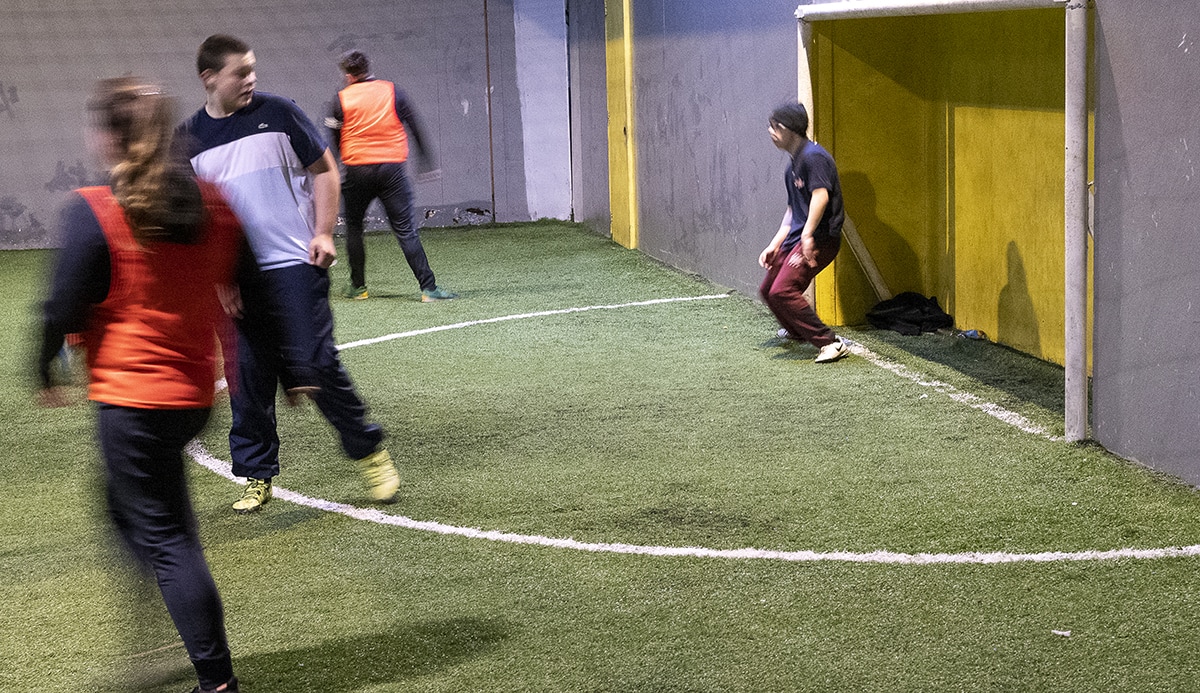
Senior phase
All young people in Scotland have an entitlement to a senior phase of education which:
- provides specialisation, depth and rigour
- prepares them well for achieving qualifications to the highest level of which they are capable
- continues to develop skills for learning, skills for life and skills for work
- continues to provide a range of activities which develop the four capacities
- supports them to achieve a positive and sustained destination.
The senior phase, which takes place from S4 to S6 in schools and includes ages 16 to 18 out of school, is the phase when the young person will build up a portfolio of qualifications. It is the stage of education at which the relationship between the curriculum and National Qualifications becomes of key significance.
Mirren Park School provides a range of opportunities to meet the needs of all learners, whether aspiring to achieve at SCQF level 7 or higher. We are an SQA and City & Guilds Approved Centre and can support young people in achieving National 5 and Higher awards across the curriculum. We offer a range of Vocational Subjects in our purpose-built centre in Paisley with focus on Construction Skills, Automotive and Bicycle Mechanics and DIY Skills.
The curriculum in the senior phase comprises more than programmes which lead to qualifications. There is a continuing emphasis, for example, on health and wellbeing appropriate to this phase, including physical activity and opportunities for personal achievement, service to others and practical experience of the world of work. We work with a wide range of organisations in securing volunteering and work experience opportunities; such organisations include Young Enterprise Scotland, Developing the Young Workforce, Skills Development Scotland, West College Scotland, Engage Renfrewshire and Invest in Renfrewshire to name but a few.
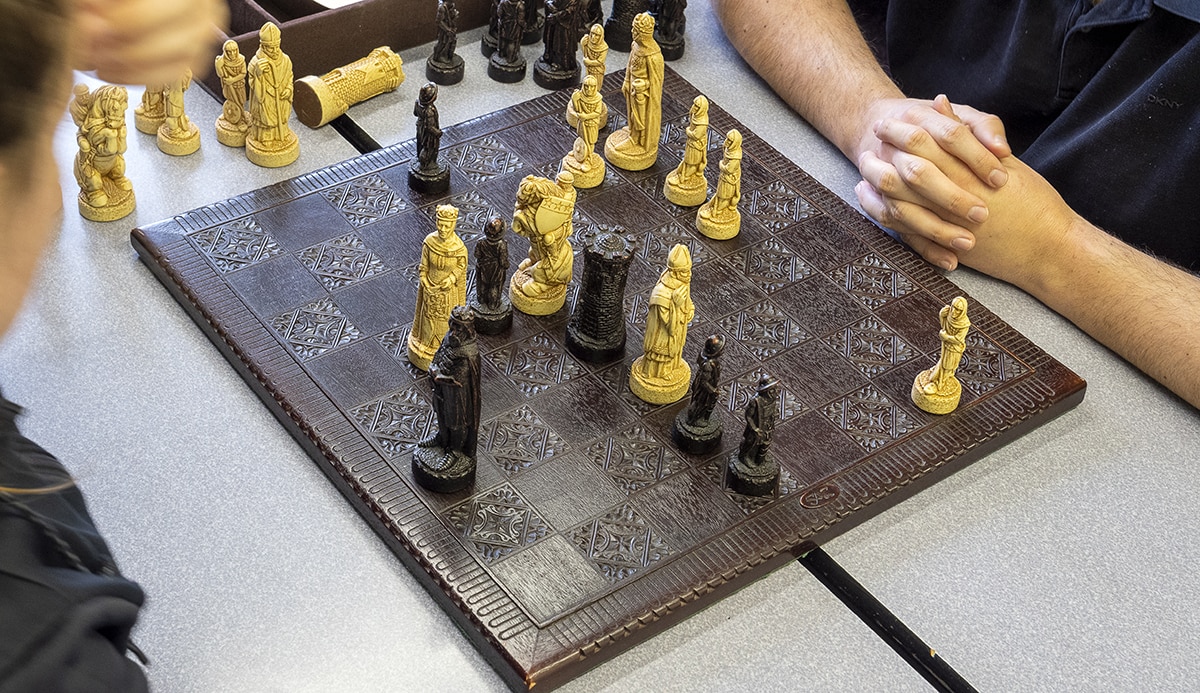
Sustained Positive destinations
Skills for Scotland makes clear the Scottish Government’s desire for all young people to stay in learning after 16. It makes a clear commitment to young people about the routes on offer to education, employment and training (and the support they can expect) and recognises the need to focus on particularly vulnerable groups of young people.
The Organisation for Economic Co-operation and Development Review recognised that for higher attaining young people the post-school transition to further or higher education is fairly straightforward but that for lower-attaining learners there were more complex and uncertain pathways.
16+ Learning Choices is the new model for taking forward the Skills for Scotland commitment. This model will ensure that there are clear, robust processes in place for ensuring that all young people completing compulsory education have an offer of a suitable place in post-16 learning, with a particular focus on providing more choices and more chances for those who need them. As such it will support the planning and delivery of a coherent and inclusive curriculum in the senior phase, irrespective of the setting.
There are three crucial elements to ensure that this happens:
- Young people must have access to the right learning provision - which includes opportunities to continue to develop the four capacities through staying on at school, entering further or higher education, taking part in a national training programme, volunteering, participating in community learning and development, or following a more tailored programme of personal and social development.
- Young people must have the right support to remove barriers that might restrict their learning choices as well as career information, advice and guidance from Skills Development Scotland and other support agencies to help them take up and sustain the right choices. This will be intensive and ongoing where it is needed, tailored to respond to identified needs.
- Young people must also be able to access financial support so that staying in learning is a viable option.
Our Skills Development Scotland Key Worker plays a crucial role by providing careers information, advice and guidance for all young people and focused support – ongoing and intensive where it is needed – for those who need it most.
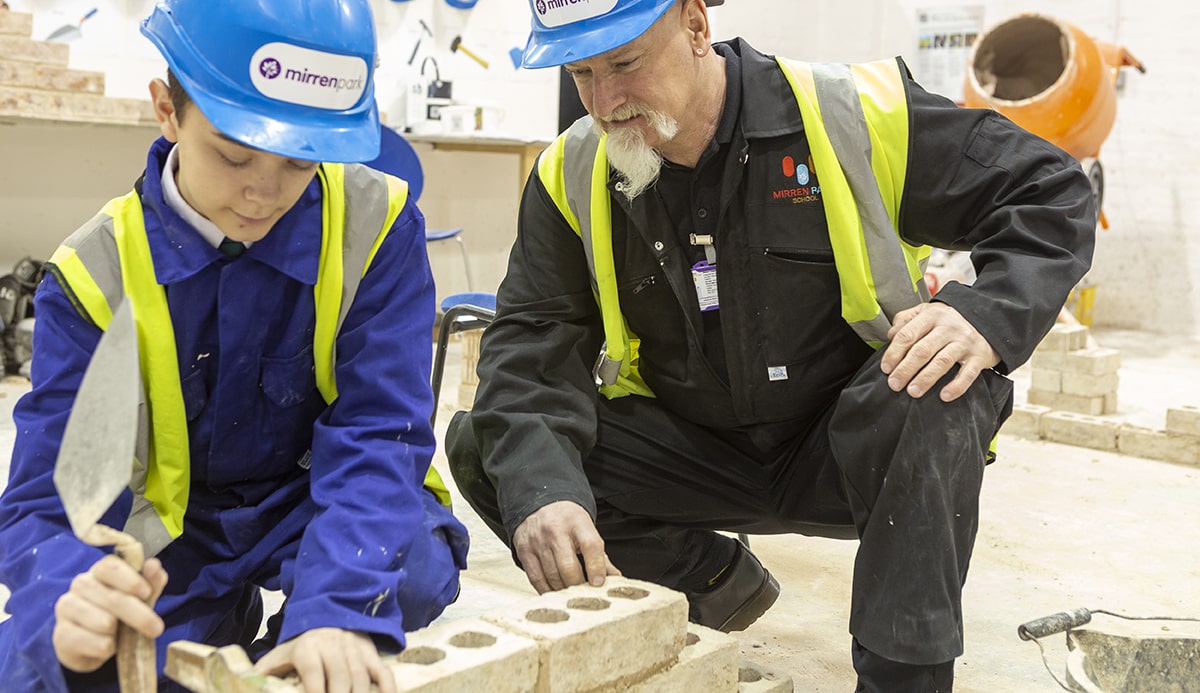
Skills for learning, life and work
Curriculum for Excellence will support all children and young people in developing skills which they will use throughout their life and in their work, including the development of pre-vocational, enterprising and employability skills, personal skills, high levels of cognitive skills and the opportunity to put learning into a practical context.
These skills for life and skills for work are embedded across all curriculum areas and include learning which falls within a broad definition of ‘vocational’; that is learning which is generally about the development of pre-vocational and employability skills which will be made use of in future working life.
A strong focus on literacy and numeracy is essential; all children and young people require these skills to gain access to learning and to succeed in life. Confidence and competence in literacy and numeracy provide the foundations for lifelong learning.
Making the link between the classroom and workplace can help young people to see the relevance of their learning and understand the contribution that they can make to their schools and colleges, to their community and to the economy. They can feel valued and involved and experience challenge and enjoyment; their confidence can increase with, potentially, a positive impact on their levels of attainment and achievement. This is a main focus of Mirren Park School in making effective links with local mainstream Schools, Colleges and Universities, employers and businesses, charities and the local and wider community in general. We aim to support our young people in having positive experiences and outcomes out-with our school and for the local community to benefit by our work with them.
